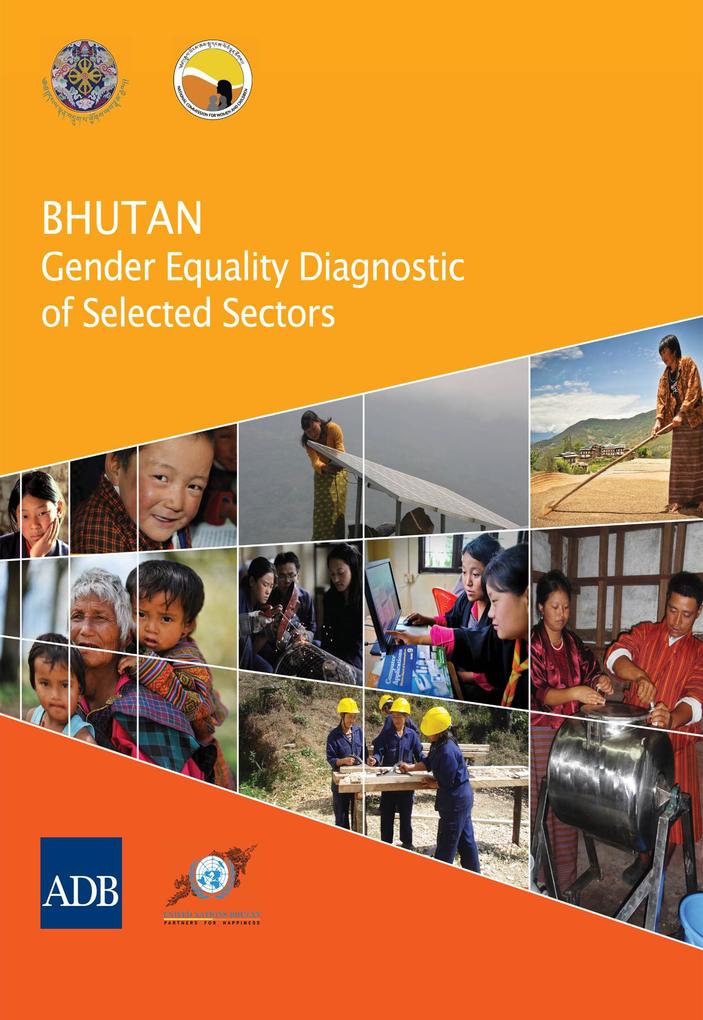
Sofort lieferbar (Download)
Bhutan has experienced extraordinary change since the 1960s when it opened itself to the world and started the process of planned development. It has transformed itself from a subsistence economy into a middle-income country with rising human development indicators. Yet progress comes with new challenges. These include differences in living conditions and opportunities between rural and urban areas that fuel rural-urban migration, labor shortages in agriculture, and unemployment. There are gender dimensions to each of these challenges, prompting the Government of Bhutan and its development partners to mainstream gender in its policies, programs, and projects. This publication intends to support this process by providing insights into gender issues in agriculture and rural livelihoods, education, energy, environment, private sector development, transport, urban development, and work and unemployment.
Mehr aus dieser Reihe
Produktdetails
Erscheinungsdatum
01. März 2014
Sprache
englisch
Seitenanzahl
126
Dateigröße
4,41 MB
Altersempfehlung
von 18 bis 99 Jahren
Reihe
Country Gender Assessments
Verlag/Hersteller
Kopierschutz
mit Adobe-DRM-Kopierschutz
Produktart
EBOOK
Dateiformat
EPUB
ISBN
9789292544140
Entdecken Sie mehr
Bewertungen
0 Bewertungen
Es wurden noch keine Bewertungen abgegeben. Schreiben Sie die erste Bewertung zu "Bhutan" und helfen Sie damit anderen bei der Kaufentscheidung.















